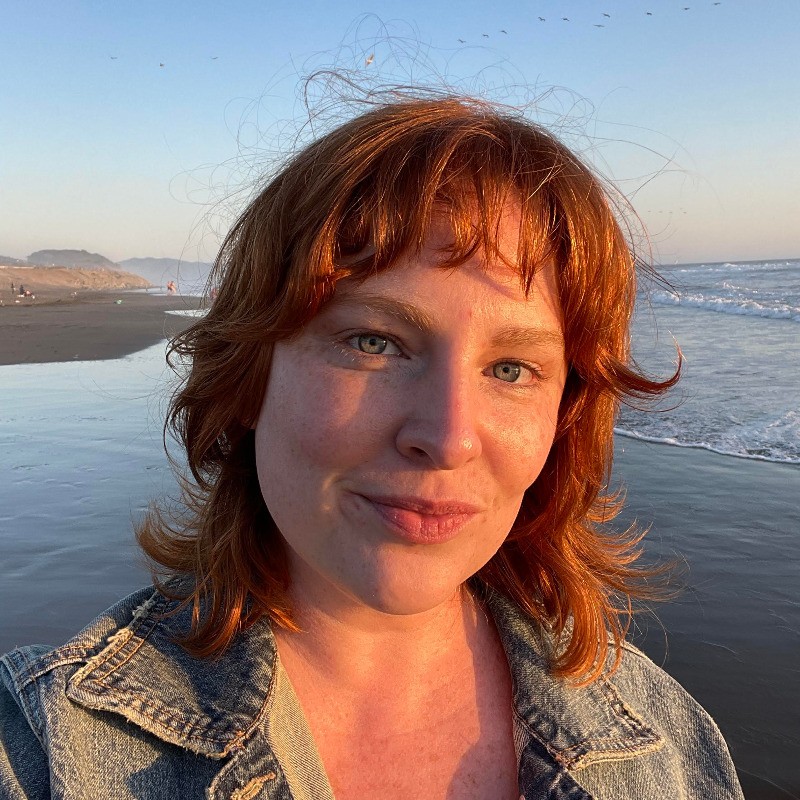Grace E. Howard
 |
Associate Professor Department of Justice Studies Keywords |
Current Research Activities
Thousands of women and others with the capacity for pregnancy throughout the United States have been charged with crimes against the fertilized eggs, embryos, and fetuses that they gestate. But for the fact of their pregnancies, there would have been no prosecutable crime committed. I ask, what rights to people lose when they become pregnant? Are pregnant people a separate legal class? How does racism shape the policing of people with the capacity for pregnancy? How much does actual law matter in the area of pregnancy criminalization, when, in the absence of law, so many people have been arrested and prosecuted? How do prosecutors, social workers, and law enforcement officials justify their participation in the criminalization of pregnancy? What are their goals in using these punitive tactics? How can the full constitutional rights of people with the capacity for pregnancy be extended to match other similarly situated people? I am currently working on a book publication and several academic articles that seek to answer these questions.
Personal Connections to Research
I turned to the fields of feminist politics and women's health in college after having experienced the devastation of sexual violence. Motivated to help others through what I had gone through alone, I accompanied friends and strangers alike to the police station to make reports, held people's hands while we waited for pregnancy test results, and listened to the stories of survivors. Too often, survivors could not access emergency contraceptives, STI testing, or abortion services. And too often, victims were uncertain about how these kinds of medical interventions worked. It occurred to me that learning about their bodies and actively participating in their own sexual and reproductive health could be a vehicle for healing the trauma of sexual assault. After years of paid and volunteer work in the provision of reproductive health care, I had many unanswered questions. I wanted to know why there were so many disparities in accessing these resources, and I wanted to understand the legal processes that had created these disparities. I hoped that finding answers to these questions could make some difference for the women whose hands I held, and whose tears I wiped away in the clinic. In graduate school I was introduced to the work of legal historians like Dorothy Roberts, who showed the racist history of punitive reproductive control in the United States, and highlighted that these disparities exist beyond our medical institutions. Her work introduced me to the subject of pregnancy criminalization. I found myself not only outraged at the human rights abuses taking place, but also at how, even after years of involvement in the field of reproductive health, I had never learned about these extreme punitive measures which target some of our country’s most vulnerable people. I wanted to participate in the work that centers these most marginalized groups.